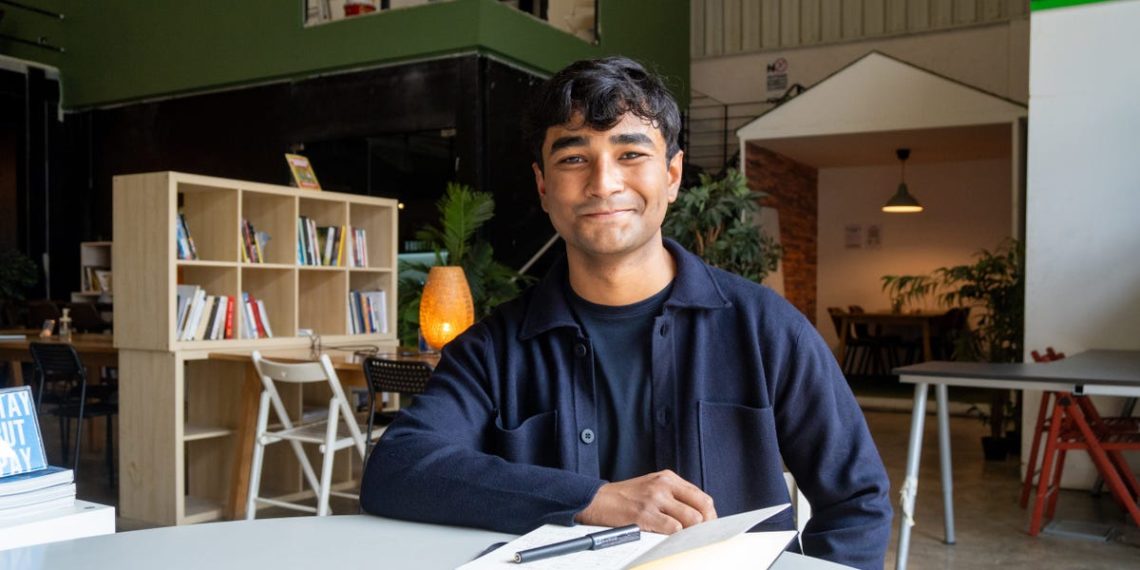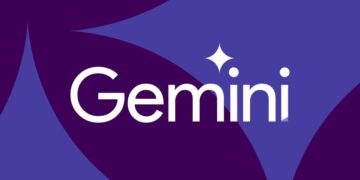At 17 years old, Quddus Pativada was determined to do something about inequality in education.
Then a high schooler, Pativada had transferred into one of the top private high schools in Dubai, and immediately noticed a difference in the quality of his classwork and teachers. “I saw the two sides of the spectrum, and the impact that education can make on your life,” he told Insider.
As the child of Indian immigrants, Pativada had always valued the importance of getting a good education as a way to grow and improve his life, but his own experience made him realize how lucky he was to have gone to a top private school, which was not an option for many students with less resources than him.
He also felt that many existing edtech tools were not engaging or effective enough to bridge that learning gap in the way that a better school could for students. “Every single tool that students use today was ideated, or created in a board room full of suits, but it was never created by the students themselves,” he said.
Now, three years later, the 20-year-old Pativada has turned his high school vision into a full-fledged startup, with 8 employees globally working on his AI educational assistant ASI, formerly known as Digest.ai.
The startup has raised over $3 million in outside seed funding to date, from established edtech investors like GSV to an angel check from Mark Cuban that Pativada landed through a cold email, TechCrunch reported. The team also landed on Insider’s most promising edtech startups list after a recommendation from investor Deborah Quazzo.
Pativada set out to create a new AI-powered studying assistant nearly a year before ChatGPT debuted on the world stage. In order to solve the accessibility problem, he decided to code his AI assistant to work on WhatsApp, the app-based chat platform that has over 2 billion active users worldwide. That way, if students in developing countries didn’t have access to a computer, they could still use their phones as a learning tool.
Originally, ASI’s core product offering was more like an AI-summary bot: students could take photos of their textbooks or school assignments, and it would generate personalized flashcards and study guides that they could then practice with on WhatsApp over chat.
But now, by training its large-language models with data from all over the internet, students can speak with ASI through their preferred chat apps, like WhatsApp, Messenger, or Discord, and have the software help them with any subject. After more interactions, the AI tutoring bot can pick up on what a student is good at and where they may need more help, to further personalize the experience for that learner’s needs.
“If you look at the best teachers in your life, it’s easy to see that it was because they could connect with you on a personal level,” said Pativada. “And today, we have a system where our personalized-language model can understand what a student’s good at or bad at and can use those other frames and skills to make information consumption as personalized as possible.”
Several established edtech players have launched AI tutoring assistants this year, like Khan Academy’s Khanmigo or Quizlet’s Q-Chat beta app, but ASI stands out as being accessible through messaging apps that students all over the world already use.
Pativada’s grand vision for ASI is still to offer personalized tutoring for individual students, but to also market the learning tool to governments and businesses for quick, personalized employee upskilling. But prioritizing access to communities that have typically been underserved is still core to his mission, he said, “We went really viral in Ghana earlier this year—in 3 weeks we reached over 10,000 users in Ghana alone, and students could use it with a 2G connection,” he said. “This can be something that changes the way people learn.”
Read the full article here







